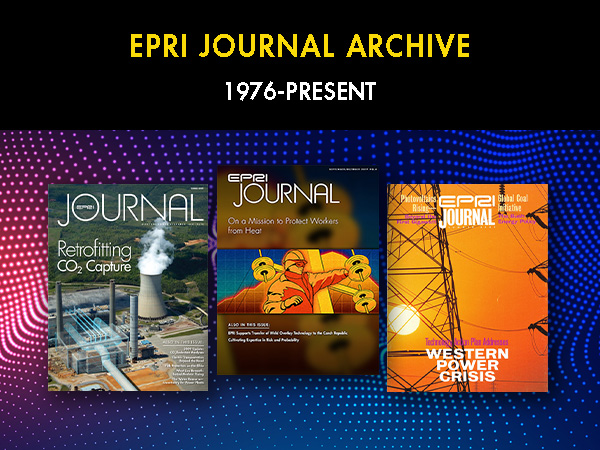Tag Archives: US REGEN
-
The Costs and Value of Renewable Portfolio Standards in Meeting Decarbonization Goals
In this paper submitted to Energy Economics, EPRI researchers compare the cost-effectiveness of renewable portfolio standards in reducing CO2 emissions to that of cap-and-trade policies.
-
Impact of Variable Renewable Energy on Fossil Fleet Utilization: Insights for the High Plains
This presentation explores the potential impacts of variable renewable energy on coal and natural gas generation in the Northwest-Central region of the United States. It is based on analysis with EPRI’s U.S. Regional Economy, Greenhouse Gas, and Energy model.
-
Where Has “When” Flexibility Gone?: The Role of Temporal Flexibility in Achieving Greenhouse Gas Abatement Goals
Participants in a “cap and trade” scheme may have the ability to bank emissions permits for future use. This paper investigates how banking may effect emissions outcomes and costs under an economy-wide cap-and-trade policy.
-
Quantifying Greenhouse Gas Emissions Reductions Associated with Large-Scale End-Use Energy Efficiency Projects
This collaborative study by EPRI and Tennessee Valley Authority evaluated five analytical approaches that could be used by electric companies and others to calculate avoided CO2 emissions from industrial end-use energy efficiency projects. Researchers used the approaches to compare avoided emissions from two hypothetical efficiency projects in the U.S. Southeast.
-
Economy-Wide Greenhouse Gas Mitigation and Electrification Analyses: Scenarios and Insights
This technical update assesses pathways and policy alternatives in the United States for achieving near- and long-term greenhouse gas emissions reduction targets. Using EPRI’s U.S. Regional Economy, Greenhouse Gas, and Energy (US-REGEN) model, researchers evaluated sector-by-sector contributions to these targets, with a focus on the electric power sector. The analysis also explores the drivers of […]

